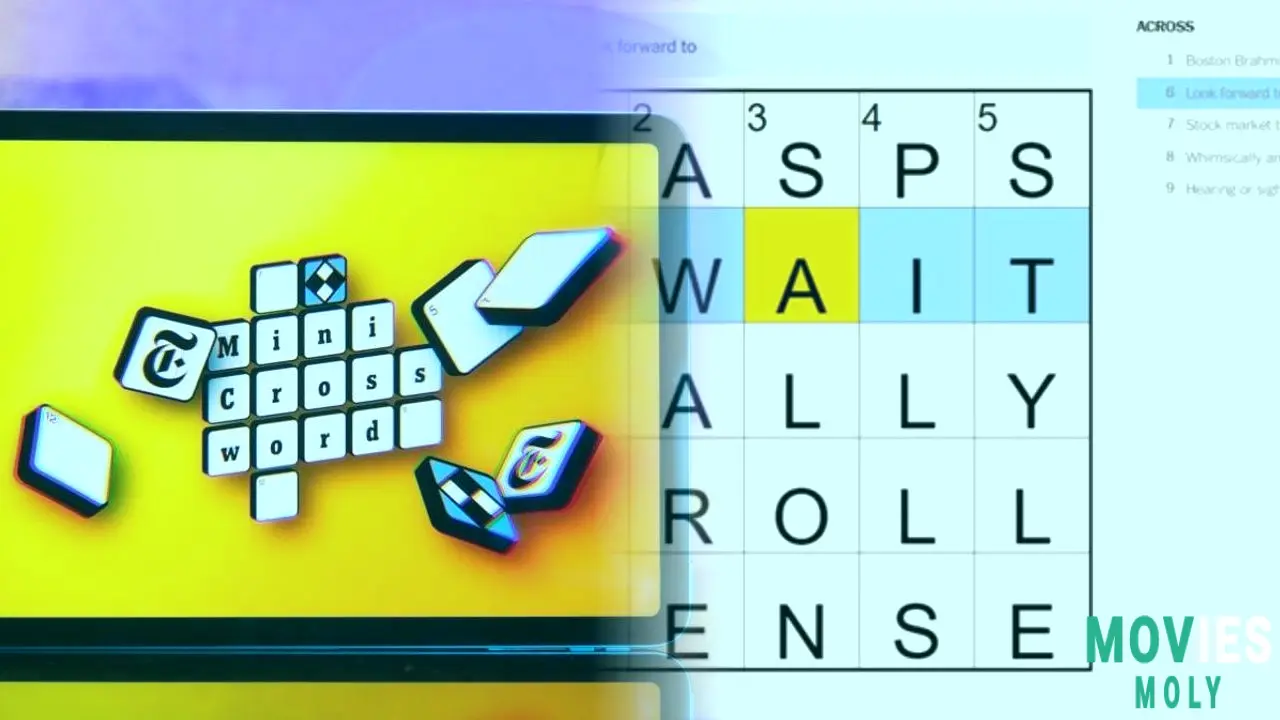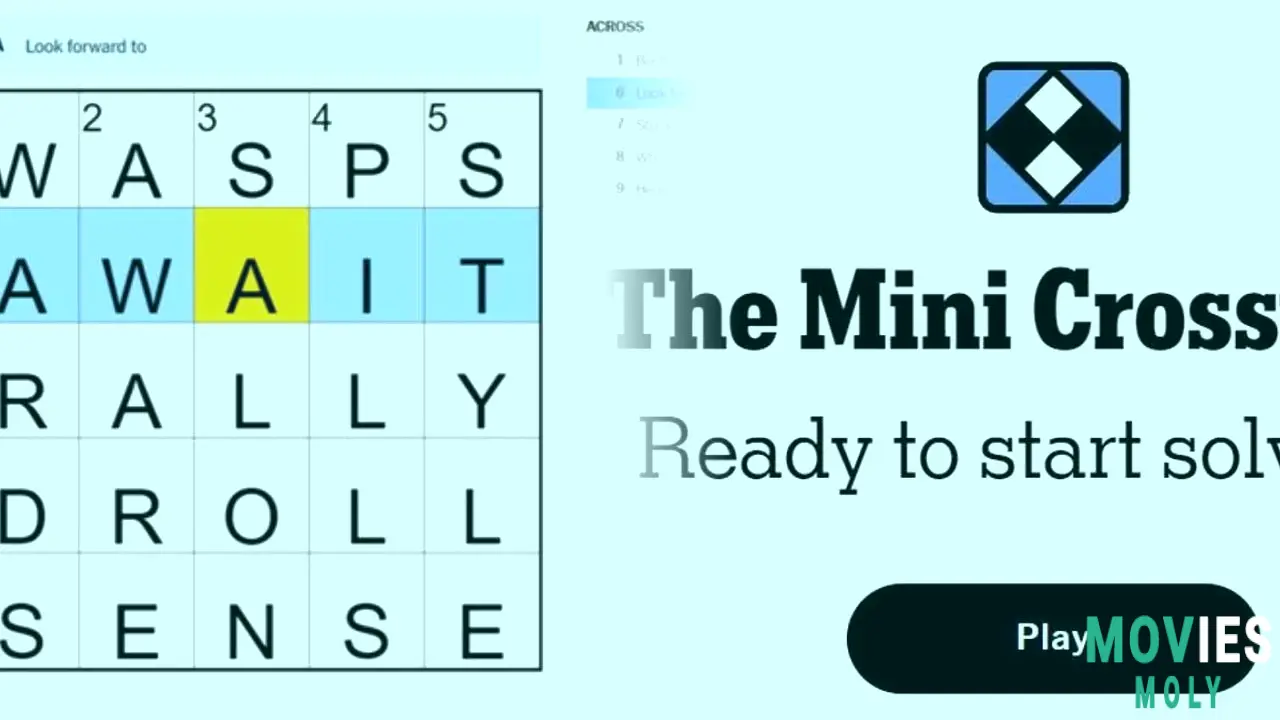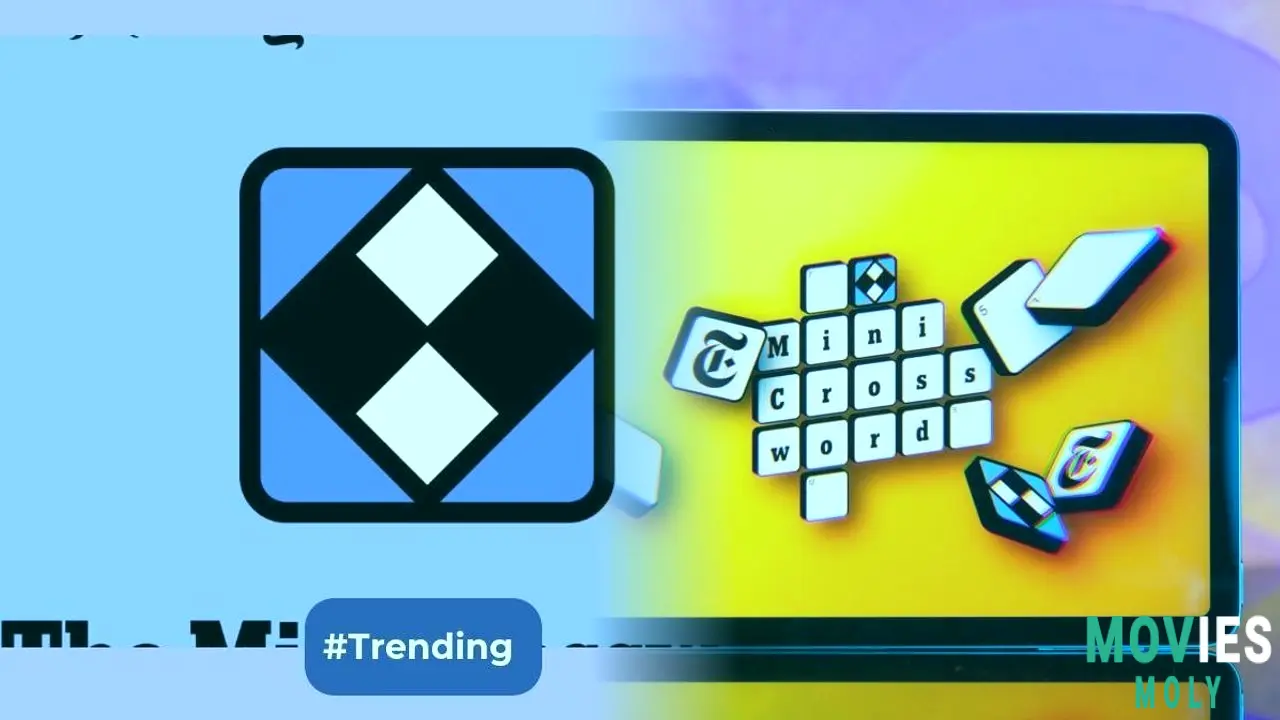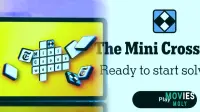If you're like me, the New York Times Mini Crossword is a little daily delight. It's a fast puzzle to get your brain working. On June 17, a specific clue drew my attention. It was one of those moments when you just stared at the television. You wonder what the puzzle creators were thinking. This particular hint, "Boston Brahmin types," was not only difficult, but it seemed to come from another world. It gave me pause, which is exactly what a good Mini Crossword should do. It reminds us that even the tiniest riddles can conceal astonishing information.
The Nyt Mini Crossword for June 17, like most days, was a fast 5x5 grid. It is notable for being short and pointy. It is normally free to play, so anyone can join in. Despite its diminutive stature, it can throw some curveballs. The clue "Boston Brahmin types" for 1 Across was possibly the most difficult one that day. I noticed that and wondered, "Now what in the world does that mean?" Many of us do not immediately think of something like this. However, that is part of the appeal of crossword puzzles. They force you to consider terms and relationships you might not have considered otherwise. This one definitely did it for me.
Exploring the History and Meaning of That Tricky Boston Brahmin Types Crossword Clue.Understanding the Cultural Connection That Made This Puzzle Answer So Difficult and Informative
So, what exactly constitutes a "Boston Brahmin"? And why did that clue leave so many people puzzled? The solution, as it turns out, is WASPS. This represents White Anglo-Saxon Protestants. These are persons from elderly, wealthy, and prominent families, notably in cities like Boston. Imagine a group of people who were so tied to old money and established history in America that they essentially invented the concept of a "upper crust." That's the Boston Brahmin. They were usually well-educated and possessed significant social power. They were not only wealthy, but also members of a distinct cultural group with a long family history in New England.
The term "Brahmin" is derived from the highest social level in the Hindu caste system. It conveys a sense of inherited prestige and intellectual superiority. So, when people mention Boston Brahmins, they are referring to families such as the Adamses, Cabots, and Lodges. These names may sound recognizable from history texts. These family frequently contributed to education, politics, and culture. They founded institutions such as Harvard University. They establish social standards. It is a very distinct historical and social group. No surprise it felt like a "upper-crust puzzle," as some people put it. Most of us do not come across this information on a daily basis, so learning it from a crossword puzzle is enjoyable.
For me, reaching this answer required some investigation. It demonstrates how puzzles may be more than simply a fast fun. They could teach you something new. I would not have considered Boston's historical social classes on my own. But the crossword drew me in. It serves as a reminder that history and culture are never-ending sources of knowledge. Even a simple clue can provide a small window onto a larger universe.
The Daily Challenge of the New York Times Mini Crossword and Why That June 17 Puzzle Stood Out

How a Small Daily Puzzle Can Still Provide a Satisfying and Sometimes Stump-Worthy Experience.
The New York Times Mini Crossword is usually an easy solve. Many individuals use it as a speed test. You want to finish quickly and beat your prior time. But suddenly a clue like "Boston Brahmin types" appears. It completely blocks your flow. It is frustrating at first, but it becomes somewhat enjoyable later. It demonstrates how even a tiny puzzle can get you thinking. Even experienced solvers will find it a worthwhile challenge. I believe that is part of the Mini's allure. Beginners will find it easy to use, while veterans may be surprised.
The daily problems are a pleasant routine. They are an excellent way to start the day or take a short rest. Unlike larger crosswords, playing the Mini does not require a subscription. This makes it a popular option. It's brief, snappy, and usually free. It may not have a defined subject each day, but the answers frequently feel brilliant. The puzzle from June 17 certainly did. While I might not have known the solution right away, discovering it seemed like a tiny success. It's as if the puzzle gave me a high five for perseverance and learning something new.
I look forward to that every morning. It's a brief moment of cerebral activity. It's fun to watch what words they'll say. Some days are so easy that you can finish in seconds. Sometimes, like with the "Boston Brahmin types" clue, you stare at it for a while. You try to make sense of the letters you've received. It's a great feeling when everything comes together. Even if you didn't need a hint, the thrill of checking out that final box is a great little boost of happiness.
Beyond Just One Puzzle: The Broader Appeal and Daily Ritual of the New York Times Mini Crossword.

Reflecting on How These Small Word Games Have Become a Cherished Part of Our Everyday Lives.
The fascination of the NYT Mini Crossword extends beyond simply solving a puzzle. For many, it has become a daily occurrence. It's a way to stimulate your brain. It's an opportunity to test your vocabulary and general knowledge. Some people keep track of their times. Others simply appreciate the peaceful challenge. It's a tiny bit of consistent fun in a hectic world. I believe that the fact that it is online and on an app makes it much easier to include into our lives. You can play it anywhere. You can also look through the past for other puzzles to solve.
These puzzles also do an excellent job of combining familiar words with uncommon ones, such as "Boston Brahmin types." They introduce you to new concepts and historical phrases. It's like a tiny history or culture lesson wrapped up in a game. It is a little push to learn something you might not have looked into otherwise. The "WASPS" hint got me thinking about how certain terms have become part of our vocabulary. However, their past may not be commonly understood. It serves as a reminder that language evolves and has multiple layers of meaning.
So, the next time an odd clue appears in your daily crossword, don't become too frustrated. This is part of the game's appeal. It's an offer to learn something new. The New York Times Mini Crossword continues to provide little, enjoyable challenges that make our days a little brighter. I know I'll be back tomorrow, prepared for whatever phrases and odd facts they chose to throw my way. Hopefully, this is not another clue that will lead me down a rabbit hole of historical social classes. But if it is, I'm confident it will be a terrific mental workout.



